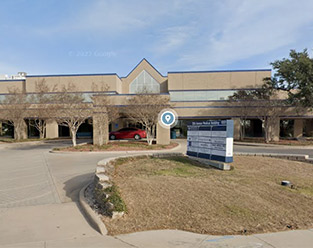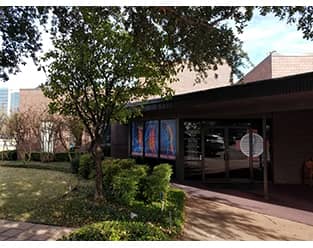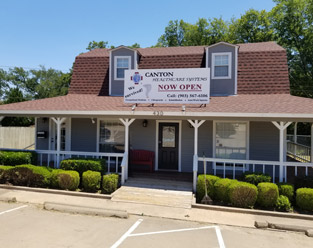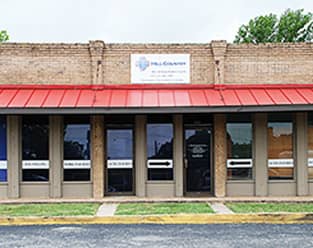Knowing When You Have Suffered a TBI and What You Need to Do
 As with most injuries, a traumatic brain injury (TBI) will often have the best outcome with early diagnosis and treatment. Medical professionals will typically have more options to minimize the impact and consequences, and can direct you to specialists who know exactly what to do. When you’ve been in an accident where you’ve suffered any type of injury to your head, neck or shoulders, you should look for the following indications that you may have suffered a TBI.
As with most injuries, a traumatic brain injury (TBI) will often have the best outcome with early diagnosis and treatment. Medical professionals will typically have more options to minimize the impact and consequences, and can direct you to specialists who know exactly what to do. When you’ve been in an accident where you’ve suffered any type of injury to your head, neck or shoulders, you should look for the following indications that you may have suffered a TBI.
First things first—there are a couple major misunderstandings about what must happen for you to have suffered a traumatic brain injury:
- You do not need to suffer a direct blow to the head to sustain a TBI—Though your skull provides significant protection for your brain, it can also cause trauma to your brain. A sudden jerking of your head, neck or shoulders can cause your brain to bounce off the inside of your skull, leading to bruising, tearing or internal bleeding.
- You do not need to lose consciousness to suffer a traumatic brain injury—When you do, it’s a pretty clear sign of a TBI, but you can have a moderate to severe traumatic brain injury without ever becoming unconscious
The Warning Signs of a Traumatic Brain Injury
The indications of a traumatic brain injury take four major forms:
- Physical manifestations
- Impact on thinking and remembering
- Social or emotional indicators
- Changes in sleep patterns
The physical evidence of a potential TBI includes:
- Headaches that won’t go away
- Sensitivity to light or sound
- Nausea or vomiting
- Fatigue or lethargy
- Vertigo, dizziness or balance issues
The mental manifestations of traumatic brain injury include difficulties maintaining focus or attention, forgetfulness (either long or short-term memory challenges) and a general feeling of grogginess.
Increased anxiety, irritability, anger or sadness, particularly when unrelated to any specific event, is common with individuals who have some level of traumatic brain injury, and changes in sleep patterns, are also a sign—whether it’s difficulty falling asleep or waking up, or dramatic increases or decreases in sleep time.
Contact Us to Set Up an Appointment
At Advantage Healthcare Systems, we have extensive experience working successfully with individuals who suffer any type of concussion, TBI or traumatic brain injury. Call us toll-free at 1-877-487-8289 or fill out the form provided below to schedule an assessment. We offer locations across Texas, including Fort Worth, Dallas and San Antonio.





